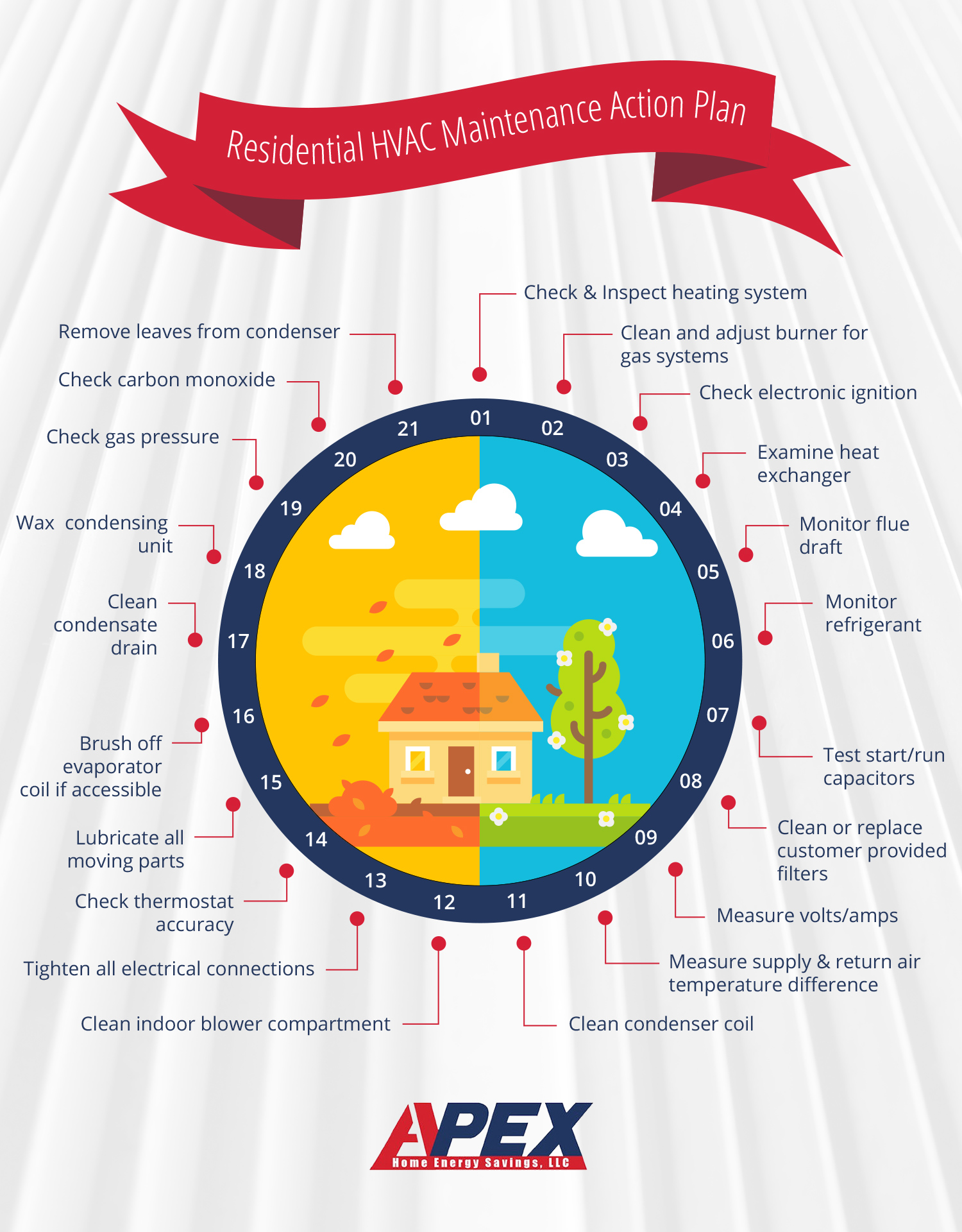The Future Of Home Home Heating - Just How Heat Pump Modern Technology Is Advancing
The Future Of Home Home Heating - Just How Heat Pump Modern Technology Is Advancing
Blog Article
Web Content Author-Svensson Dominguez
Heat pumps will be an essential innovation for decarbonising home heating. In a scenario constant with governments' announced power and climate dedications, their worldwide capability increases by 2030, while their share in home heating rises to one-quarter.
They function best in well-insulated homes and depend on electrical power, which can be supplied from a renewable power grid. Technological innovations are making them a lot more effective, smarter and less costly.
Gas Cells
Heatpump make use of a compressor, cooling agent, coils and followers to relocate the air and warmth in homes and home appliances. They can be powered by solar energy or electrical power from the grid. They have been obtaining appeal due to their inexpensive, quiet procedure and the capability to create electricity throughout peak power need.
Some companies, like IdaTech and BG MicroGen, are working on gas cells for home heating. These microgenerators can change a gas central heating boiler and generate some of a residence's electrical demands with a connection to the electricity grid for the rest.
However there are factors to be doubtful of using hydrogen for home heating, Rosenow states. It would be pricey and inefficient compared to other technologies, and it would certainly add to carbon discharges.
Smart and Connected Technologies
Smart home technology permits house owners to attach and regulate their devices from another location with the use of mobile phone applications. For example, smart thermostats can discover your heating preferences and automatically adjust to maximize power consumption. Smart lighting systems can be managed with voice commands and instantly turn off lights when you leave the room, decreasing energy waste. And clever plugs can keep an eye on and manage your electrical use, permitting you to identify and restrict energy-hungry appliances.
https://landendrdoa.fare-blog.com/29432739/discovering-the-ecological-advantages-of-warmth-pumps-a-sustainable-heating-remedy -savvy household illustrated in Carina's interview is an excellent image of exactly how residents reconfigure space home heating techniques in the light of new clever home technologies. They count on the devices' automatic functions to execute day-to-day adjustments and regard them as a hassle-free methods of conducting their heating practices. Because of this, they see no reason to adjust their techniques further in order to enable adaptability in their home power demand, and treatments aiming at doing so may encounter resistance from these homes.
best heat pumps in nz
Since heating homes represent 13% people emissions, a switch to cleaner choices could make a large difference. But the modern technology deals with difficulties: It's pricey and calls for extensive home renovations. And it's not always compatible with renewable energy resources, such as solar and wind.
Until just recently, electrical heatpump were as well expensive to take on gas models in many markets. Yet new technologies in layout and products are making them extra budget-friendly. And https://www.underhoodservice.com/ac-conditioning-maintenance-prevent-compressor-failure/ is allowing them to operate well even in subzero temperatures.
The next step in decarbonising home heating may be using warmth networks, which attract warmth from a main resource, such as a close-by river or sea inlet, and distribute it to a network of homes or structures. That would certainly decrease carbon exhausts and permit households to benefit from renewable resource, such as eco-friendly electrical energy from a grid provided by renewables. https://erickxfmsy.blogtov.com/9785987/the-ultimate-overview-to-understanding-warm-pumps-how-do-they-function would certainly be less pricey than changing to hydrogen, a fossil fuel that requires brand-new framework and would only decrease carbon dioxide emissions by 5 percent if coupled with improved home insulation.
Renewable resource
As power prices go down, we're beginning to see the exact same fad in home heating that has actually driven electric cars into the mainstream-- yet at an also faster speed. The strong environment case for impressive homes has actually been pushed better by new research study.
Renewables account for a considerable share of modern-day warm intake, however have been given minimal policy interest internationally contrasted to various other end-use industries-- and also much less interest than electrical power has. In part, this mirrors a mix of consumer inertia, split motivations and, in numerous nations, subsidies for fossil fuels.
New innovations might make the change much easier. As an example, heat pumps can be made much more energy reliable by replacing old R-22 cooling agents with new ones that don't have the high GWPs of their precursors. Some experts likewise picture area systems that draw warmth from a nearby river or sea inlet, like a Norwegian arm. The warm water can then be made use of for cooling and heating in a community.